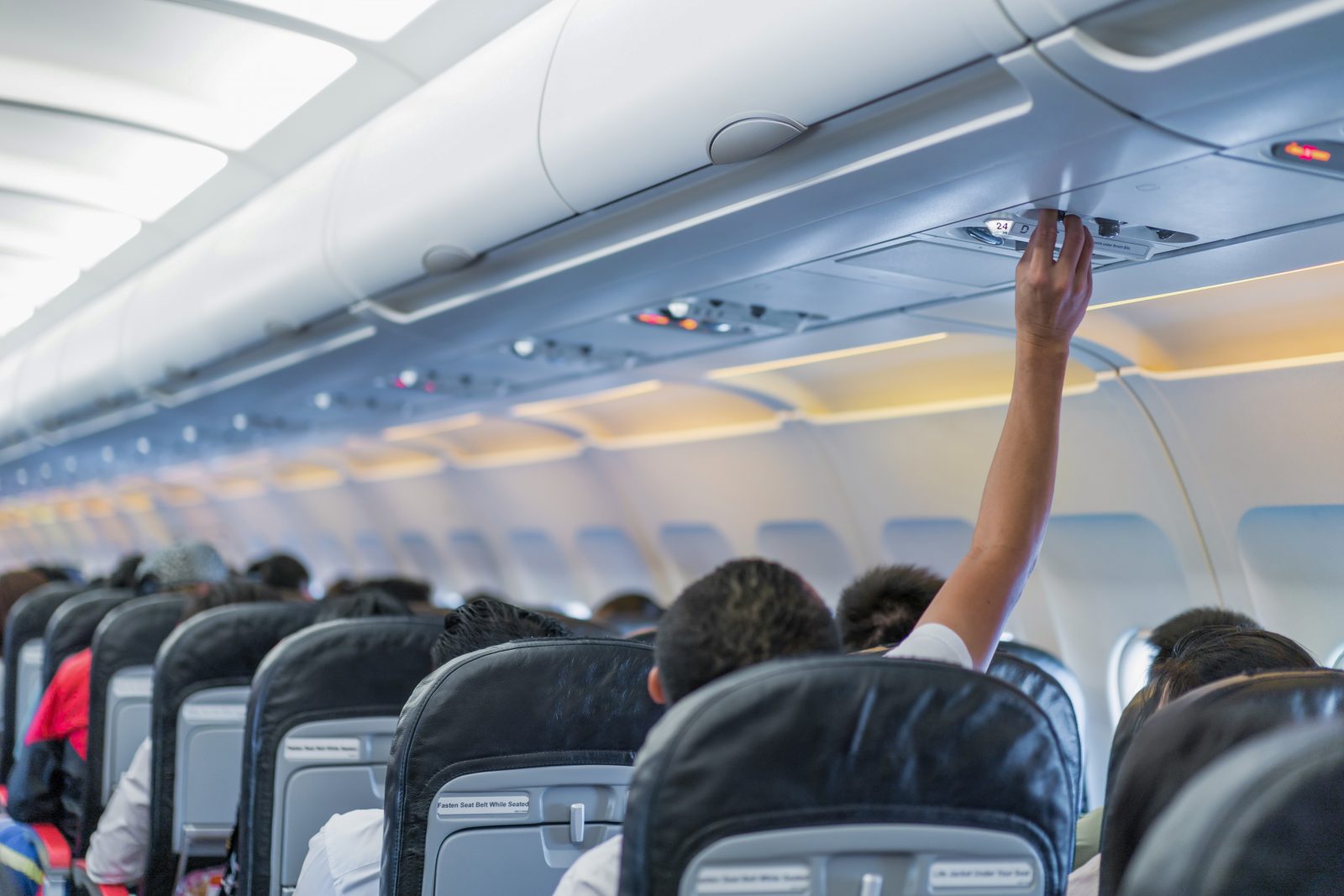
Airlines must pay compensation if they bring the departure time of a flight forward by more than an hour a top EU court ruled on Tuesday. The ruling will apply to all airlines based within the European Union, as well as any foreign carrier flying to or from the bloc that changes the flight departure time with less than 14-days notice.
The Court of Justice of the European Union said in its ruling that flights that left earlier than originally scheduled and without sufficient warning should be regarded as ‘cancelled’ in terms of the compensation that passengers are entitled to claim under Europe’s EC261 denied boarding regulations.
Passengers potentially faced “serious inconvenience” when the flight departure time was brought forward in the same way as passengers who faced an unexpected delay, the court ruled.
“Where a flight has been brought forward in this way, passengers are unable to use their time as they wish and to organise their trip or holiday in line with their expectations,” the CJEU said in a statement.
“Accordingly, passengers may, inter alia, be forced to adapt significantly to the new departure time in order to be able to take their flight, or may even be unable, despite having taken the necessary precautions, to board the aircraft.”
Under existing EU rules, passengers may claim compensation ranging from 250€ to 600€ based on the flight distance and the overall length of delay. Airlines can reduce the amount of compensation they owe by 50 per cent if they offer a rerouting that would get passengers to their final destination without delay.
The option to slash the owed compensation in half is not available when the departure time has been brought forward, the CJEU ruled.
Compensation is payable when a flight is cancelled or arrival at the final destination is delayed by:
- Two hours or more for flights of 1500 kilometres or less
- Three hours or more for flights between 1500 and 3500 kilometres
- Four hours or more for any flights over 3500 kilometres
Passengers are entitled to the following compensation:
- Flights of 1500 kilometres or less: 250€
- Flights between 1500 – 3500 kilometres: 400€
- Flights over 3500 kilometres: 600€
Airlines can avoid paying compensation if they argue the delay was the result of ‘extraordinary circumstances’ such as unusually severe weather or strike action by airport workers or border guards that aren’t the responsibility of the airline.
Mechanical delays are rarely considered an extraordinary delay because they are part and parcel of operating an airline.
The case reached the CJEU from regional courts in Austria and Germany who had considered claims brought on behalf of passengers on several airlines including Azurair, Corendon Airlines, Eurowings, Austrian Airlines and Laudamotion.
Mateusz Maszczynski honed his skills as an international flight attendant at the most prominent airline in the Middle East and has been flying ever since... most recently for a well known European airline. Matt is passionate about the aviation industry and has become an expert in passenger experience and human-centric stories. Always keeping an ear close to the ground, Matt's industry insights, analysis and news coverage is frequently relied upon by some of the biggest names in journalism.







